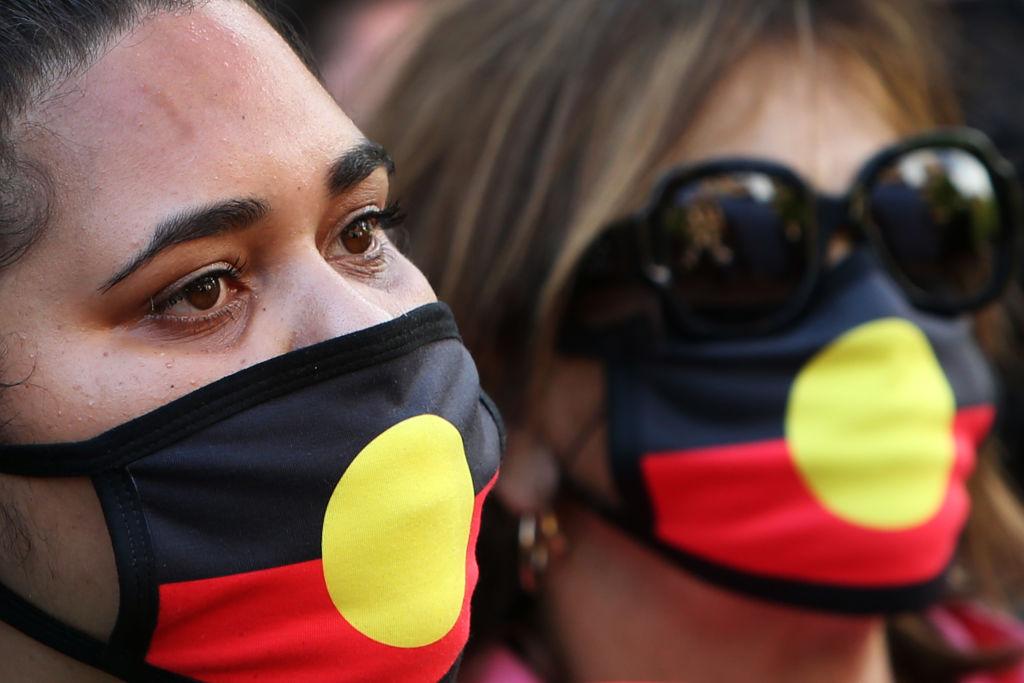Commentary
I am proud of the fact that in 1967, along with more than 90 percent of other Australian citizens, I voted YES in a referendum to grant full franchise and civil rights to Indigenous Australians.

I am proud of the fact that in 1967, along with more than 90 percent of other Australian citizens, I voted YES in a referendum to grant full franchise and civil rights to Indigenous Australians.